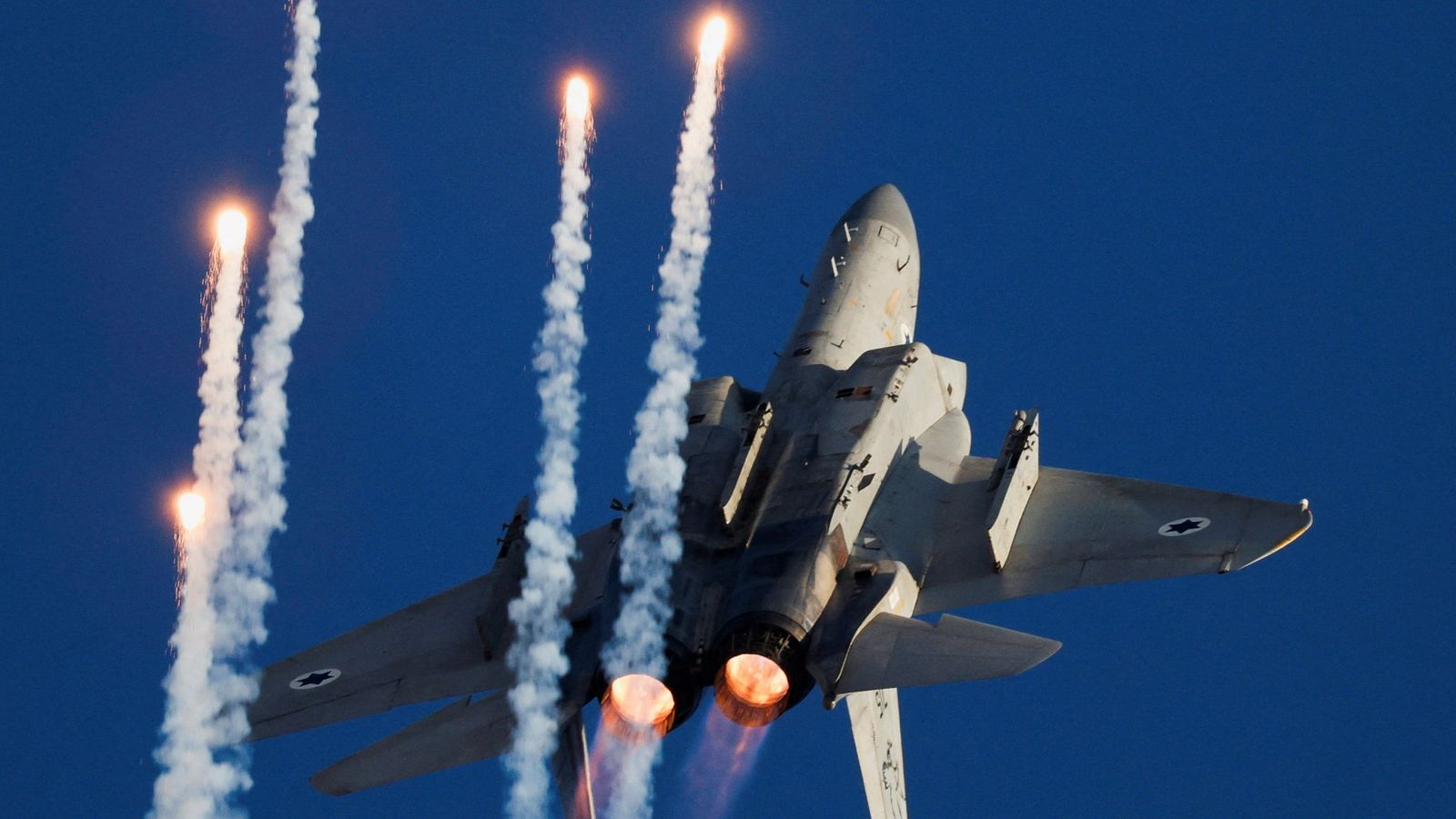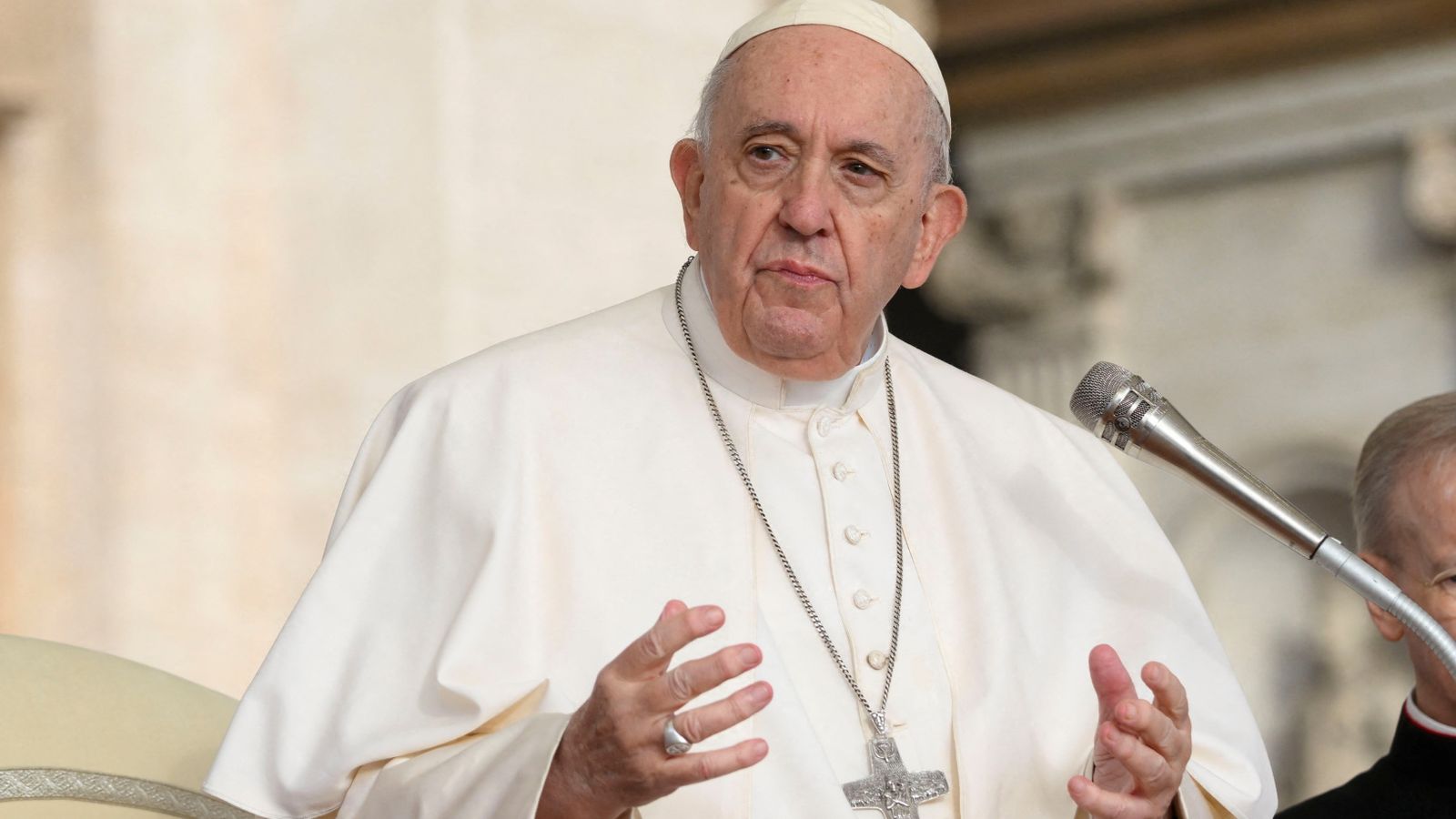Israeli air force reservists skip training as protests against Benjamin Netanyahu’s reforms step up

Dozens of Israeli air force reservists will refuse to turn up to training drills in protest over controversial plans by Prime Minister Benjamin Netanyahu to overhaul the country’s legal system.
Demonstrations have taken place nationwide for nine weeks running because of the proposals, which critics have warned would limit the power of judges and weaken the Supreme Court.
Mr Netanyahu, who is on trial for corruption, fraud, and breach of trust charges, was sworn in for his sixth stint as Israel‘s PM in January – this time as head of an ultranationalist far-right coalition.
Public opposition to the plans have grown since then, but the move by 37 pilots and navigators from the air force’s F-15 squadron is a symbolically significant step.
Israel prides itself on its military power, and its forces are meant to be apolitical.
But in a letter circulated in local media, those involved in the strike said they would skip training on Wednesday and “devote our time to dialogue and reflection for the sake of democracy and national unity”.
They said they would suspend the protest if required to carry out actual operations. Reservists are usually only relied upon during wartime, but train regularly to ensure they are prepared.
Minister says protests being ‘played up’
An ally of the prime minister sought to downplay the significance of the reservists’ intervention.
Advertisement
Finance minister Bezalel Smotrich told Channel 12 TV that the media was “playing up” their statement, insisting that “hundreds of thousands” continue to enlist for the military.
Mr Netanyahu himself also appeared to address the issue on social media, tweeting a photo of himself at conscription age with a caption reading: “When called up for reserve duty, we always turn up.”
The PM is a former officer in his country’s most prestigious commando unit.
One top commander in the Israel Defence Forces (IDF) has insisted he will not allow ongoing controversy over the government’s agenda to impact the military’s capabilities.
Lieutenant General Herzi Halevy is “aware of the public discourse and division”, said a spokesperson, but will not let it impact the IDF’s “ability to carry out its most important mission – defend Israel’s security”.
Officers have been ordered to speak with subordinates about the issue, they added.

